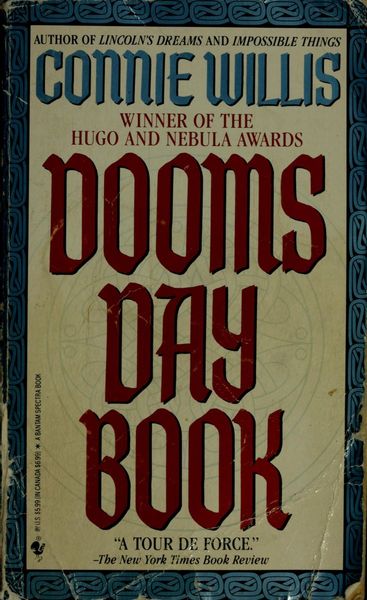Reviews
Grace Edwards@graceedwards
Sarah Sammis@pussreboots
Andrew John Kinney@numidica
Amy Thibodeau@amythibodeau
Janice Hopper@archergal
Naomi J.@naomij
Sarah Escorsa@shrimpy
Melody Izard@mizard
Eve@eveofrevolution
Casie Blevins@casiepaws
Jack Baty@jackbaty
Jenny Ramsay@jenny
A. D. Knapp@haselrig
Sherry@catsareit
Ricky Burgess@rrricky
Cody Degen@codydegen
N.C@quince
Claudiu@claudiu
THOU art I@iamthou
Peter Read@ptrrd
Gillian Rose@glkrose
Becky A@allreb
Scordatura@scordatura
Arun Seehra@mukkypuppy
Highlights
THOU art I@iamthou
